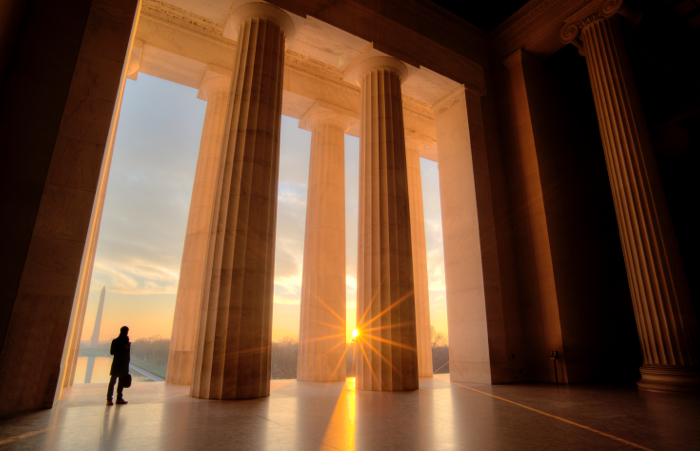
The IRS and the Treasury have issued anticipated guidance regarding the deductibility of expenses paid using PPP funds, addressing situations where the loan hasn’t been forgiven by the end of the year. However, Congress could act to overturn this guidance.
Update:
This article was originally published on November 20, 2020. It has been updated to reflect a possible spending bill that would reverse treasury guidance, allowing borrowers to receive the benefits of their deductions.
Key insights
- Congress could act to overturn the Treasury’s PPP loan expense deductibility guidance. We expect to learn whether Congress will act by December 11, 2020.
- Revenue Ruling 2020-27 sets forth the IRS’s determination that a PPP borrower may not deduct eligible expenses on its 2020 tax return if the borrower has a “reasonable expectation” that its PPP loan will be forgiven.
- “Reasonable expectation” is present regardless of whether the borrower has filed its application for PPP loan forgiveness or has been informed by its PPP lender of the loan forgiveness decision prior to the end of the tax year.
- Revenue Procedure 2020-51 provides a safe harbor allowing a PPP borrower to claim a deduction for otherwise non-deductible eligible expenses if forgiveness is denied in whole or in part, or, if the PPP borrower decides not to request forgiveness.
Understand the Impact of These Rulings on Your 2020 Taxes
On November 18, the Internal Revenue Service (IRS) issued Revenue Ruling 2020-27 and Revenue Procedure 2020-51. This guidance collectively addresses the timing of the disallowance of deduction of eligible costs incurred during 2020 that were paid using proceeds from a loan guaranteed under the Paycheck Protection Program (PPP).
The IRS has determined that if a PPP borrower “reasonably expects” to have the PPP loan forgiven, the PPP borrower may not deduct eligible expenses in its 2020 taxable year. Revenue Ruling 2020-27 provides clarity that a “reasonable expectation of forgiveness” is likely present:
- Regardless of whether or not the PPP borrower has filed its application for PPP loan forgiveness prior to the end of its tax year, and,
- Even if the PPP lender has not notified the PPP borrower of forgiveness prior to the end of its tax year.
Safe harbor
Revenue Procedure 2020-51 provides a safe harbor allowing a PPP borrower to claim a deduction on its 2020 tax return related to these otherwise non-deducted eligible expenses if:
- The PPP borrower’s request for forgiveness is denied in whole or in part, or,
- The PPP borrower decides not to request forgiveness of its PPP loan.
If one of the two events above occurs subsequent to the end of the PPP borrower’s 2020 tax year, the expense deduction can be included on either a timely filed (including extensions) original income tax return for the 2020 tax year, an ameded return for the 2020 tax year, or the PPP borrower’s timely filed 2021 original income tax return.
If a borrower uses the safe harbor to deduct the expenses on its 2020 originally filed or amended tax return, a statement titled “Revenue Procedure 2020-51 Statement” must accompany the return.
Could guidance be overturned?
The intent of Congress in passing the CARES Act is clear: the law specifically exempts PPP loan forgiveness from taxability. The revenue ruling issued by the IRS in effect will generate taxable income as a result of disallowing expenses.
Senators Grassley and Wyden, the majority and minority leaders of the Senate Finance Committee (which controls tax legislation in the Senate) issued a joint press release, “Treasury Misses the Mark on PPP Loan Expense Deductibility Guidance,” reiterating that it was the intent of Congress for borrowers to receive the benefit of their deductions.
We expect to learn whether Congress will act by the end of the day, December 11, 2020. If it does not, the issue might be taken up by the next Congress, but action might not happen until February 2021, at the earliest.
- Both houses of Congress are in session through December 11, providing two weeks post-Thanksgiving for Congress to act.
- The spending bill must be passed by December 11.
How we can help
A prudent course may be to continue your year-end planning, but implement your decisions after we learn what Congress may pass yet this year.
CLA can help you navigate PPP forgiveness and its impact on your 2020 taxes.
